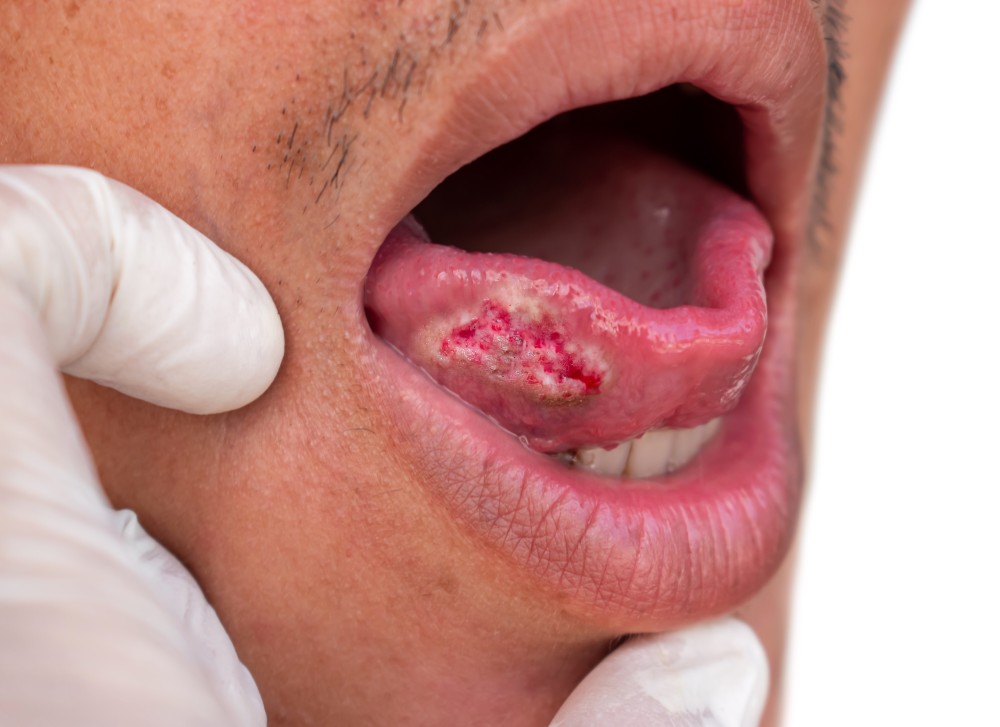ORAL SURGERY

Oral surgery encompasses a range of surgical procedures performed in the mouth and jaw area by oral and maxillofacial surgeons. These procedures are often necessary to address various dental and oral health issues that cannot be treated with routine dental care. Here are some common types of oral surgery:
Tooth Extraction: This is one of the most common oral surgeries. It involves removing a tooth that is damaged, decayed, impacted (stuck in the jawbone), or causing overcrowding.
Wisdom Teeth Removal: Wisdom teeth, or third molars, often need to be removed because they may become impacted, causing pain, infection, or damage to adjacent teeth.
Dental Implants: Dental implants are used to replace missing teeth. This surgical procedure involves placing a titanium post into the jawbone to support a crown or bridge.
Jaw Surgery (Orthognathic Surgery): This surgery corrects jaw misalignment that can cause difficulties with chewing, speaking, or breathing. It may involve repositioning the upper jaw (maxilla), lower jaw (mandible), or both.
Bone Grafting: Bone grafts are sometimes required to augment bone in the jaw area. This may be necessary to support dental implants or to repair bone damaged by trauma or disease.
Treatment of Oral Pathologies: Oral surgeons also perform biopsies and surgical removal of benign or malignant tumors, cysts, and other abnormal growths in the mouth and jaw area.
Corrective Surgery for TMJ Disorders: Temporomandibular joint (TMJ) disorders can cause pain and dysfunction in the jaw joint and muscles. Surgery may be needed in severe cases that do not respond to conservative treatments.
Cosmetic Surgery: Oral surgeons may also perform cosmetic procedures such as correcting facial deformities or enhancing the appearance of the chin or cheeks.
Before undergoing any oral surgery, thorough evaluation, including X-rays or other imaging tests, will be conducted by the oral surgeon to assess the condition and plan the appropriate treatment. Depending on the complexity of the surgery, it may be performed under local anesthesia, sedation, or general anesthesia in a hospital or surgical center.
Recovery from oral surgery varies depending on the procedure but typically involves following post-operative instructions provided by the oral surgeon to promote healing and minimize complication
